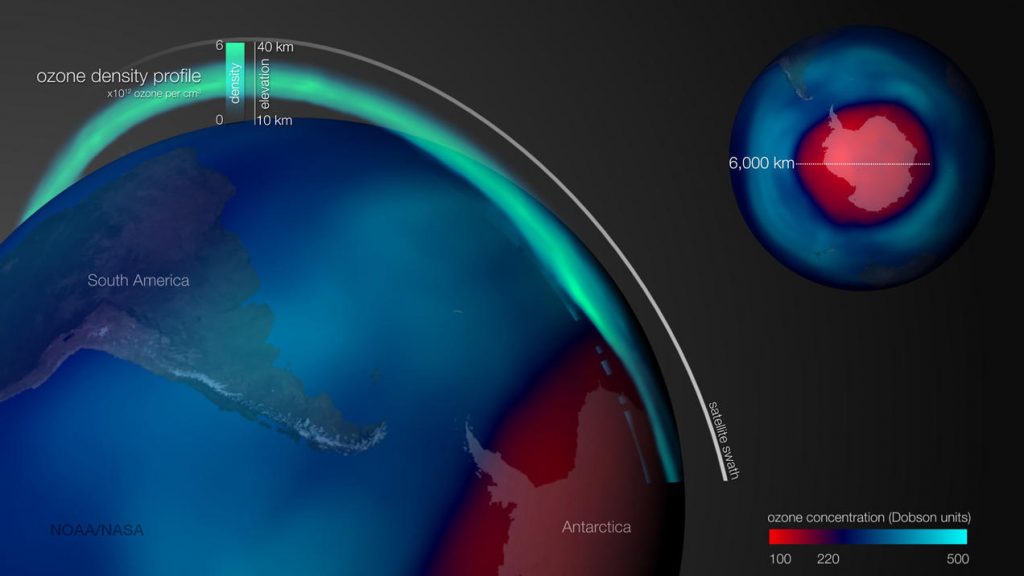In his seventh week in office, President Trump decides we should stop measuring things.
Henhouse, meet foxes.
EPA administrator Scott Pruitt renewed his science denier vows on Thursday, telling CNBC that human activity is not a “primary contributor” to the observed warming of the planet in recent decades. So it should come as no shock that he’s stocking the upper levels of the U.S. Environmental Protection Agency with fellow climate change deniers, according to a report by Coral Davenport in the New York Times.
Pruitt has started by borrowing personnel from his fellow Oklahoman, Senator James Inhofe. To call Inhofe a climate change denier is inadequate. Inhofe is a climate change ridiculer. He is the Don Rickles of climate change, and he relishes his role as pantomime villain for climate change advocates, throwing snowballs in Congress and using the word hoax the same way Trump uses “SAD!” Pruitt’s chief of staff and his chief of staff’s deputy both come from Inhofe’s orbit. Andrew Wheeler, Pruitt’s candidate for deputy administrator at EPA, another Inhofe loyalist, has called the Paris climate agreement a “sweetheart deal” for China. It will be interesting to see how a team of science deniers will manage an agency of scientists.
If we must slash the EPA’s staff and budget, can we at least keep the real experts and get rid of these guys?
Two-for-one already done?
Trump signed an executive order on January 30 requiring federal agencies to repeal two existing rules for every new one they adopt, and to make sure that the combined cost of all rules issued this fiscal year is zero, regardless of net benefits. He called it “the biggest such act that our country has ever seen.”
There’s just one teensy problem: The order is unconstitutional. When Congress gives agencies the power to issue rules, Congress typically identifies the exclusive factors that the agencies must consider when formulating those rules. For example, Congress may tell the agencies to make decisions based on the best available science, the need to prevent serious environmental harm, or in some cases, whether the benefits of the rule to society outweigh its costs. But Congress has never authorized agencies to decide whether to implement environmental and health laws based on the factors set out in Trump’s executive order: reducing the number of regulations on the books and reducing new regulatory costs to zero without accounting for overriding benefits. Under our Constitution, it is Congress’s job to specify those factors, and a president has no authority to direct agencies to make decisions to issue or rescind rules based on other, inconsistent factors. This is why NRDC has sued to have the executive order declared illegal.
As Trump’s own nominee for associate attorney general, Rachel Brand, conceded during her confirmation hearing, any regulatory action taken by an agency has to be “reasoned.” But what could be less reasoned than eliminating two rules simply because the agency adopts an unrelated rule? The argument is facially preposterous: “Well, your honor, we had to allow mercury and lead contamination in order to prevent asbestos exposure.” Yet, that’s basically what Trump’s executive order seems to require. Holding a new and important health or environmental standard hostage until the agency identifies two existing rules to rescind—and rescinding rules based on factors Congress never approved—is unlawful. If Trump does not understand that the Constitution does not empower him to tell agencies to ignore the law, then perhaps a federal court will set him straight.
Preparing for the flood without NOAA.
After proposing to cut the EPA’s budget by 24 percent last week, Trump now reportedly plans to cut the budget of the National Oceanic and Atmospheric Administration by 17 percent.
Perhaps even more than the EPA, NOAA poses the biggest challenge to Trump’s habit of ignoring scientific evidence. The government’s top climatologists work for NOAA, and the agency is the nation’s greatest resource for sound scientific research on climate change and its effects. NOAA scientists have a tradition of independence and rigor—they are not to be tangled with, especially by a president whose own understanding of science seems shaky on a good day.

Satellite data used to measure and monitor the ozone hole over Antarctica (NOAA)
President George W. Bush learned this lesson. His credibility took a major hit in 2006 when government scientists like James Hansen accused him of censoring valid research for political reasons.
The biggest victim in Trump’s NOAA budget cuts would be the National Environmental Satellite, Data and Information Service, which operates the satellites, radars, buoys, stations, and gauges that indicate changes in the earth’s climate. The program has collected 20 petabytes of data about the state of our planet, approximately the same amount of data in 133 billion digital photos. It is a treasure trove of priceless scientific information, and slashing it to bits would be crazy. If climate science is truly unsettled, as Trump claims, collecting data is the only way to settle it.
Just venting.
Speaking of inconvenient data that Trump refuses to collect, Scott Pruitt’s EPA has told oil and gas companies they no longer have to measure the methane that they burn off or vent into the atmosphere. Not only are these methane losses wasteful—methane is the main component of the natural gas we burn for electricity—but they’re damaging to the atmosphere. Methane is a greenhouse gas many times more potent than carbon dioxide, and the Obama-era data collection order was a first step toward limiting its emission from existing drilling sites.

blake.thornberry via Flickr, CC-BY-NC-ND 4.0
Even if Trump doesn’t believe in climate change, it makes sense to monitor methane losses, because we have a right to know how much of the nation’s fuel resources are being squandered. Refusing to collect that data is a tacit admission that Trump’s administration knows climate change is real—the only credible reason not to monitor methane losses is to cover up the oil and gas industry’s effects on the climate.
Copy, paste, repeat.
Scott Pruitt got in trouble in 2014 when the New York Times revealed that he had passed off a letter from an energy company and financial backer as his own work. Apparently, Pruitt is quickly rubbing off on the rest of the Trump administration. On Monday, the White House issued a press release congratulating Exxon for making investments in American jobs. Not only did the statement cite investments announced long, long before Trump became president, but the White House press release copied an entire paragraph from Exxon’s own statement without acknowledgement. Yes, folks, the White House has now outsourced its communications work to Exxon. Could they at least pretend to be separate entities?
Stay up-to-date on Trump’s environmental antics by visiting NRDC’s Trump Watch.
